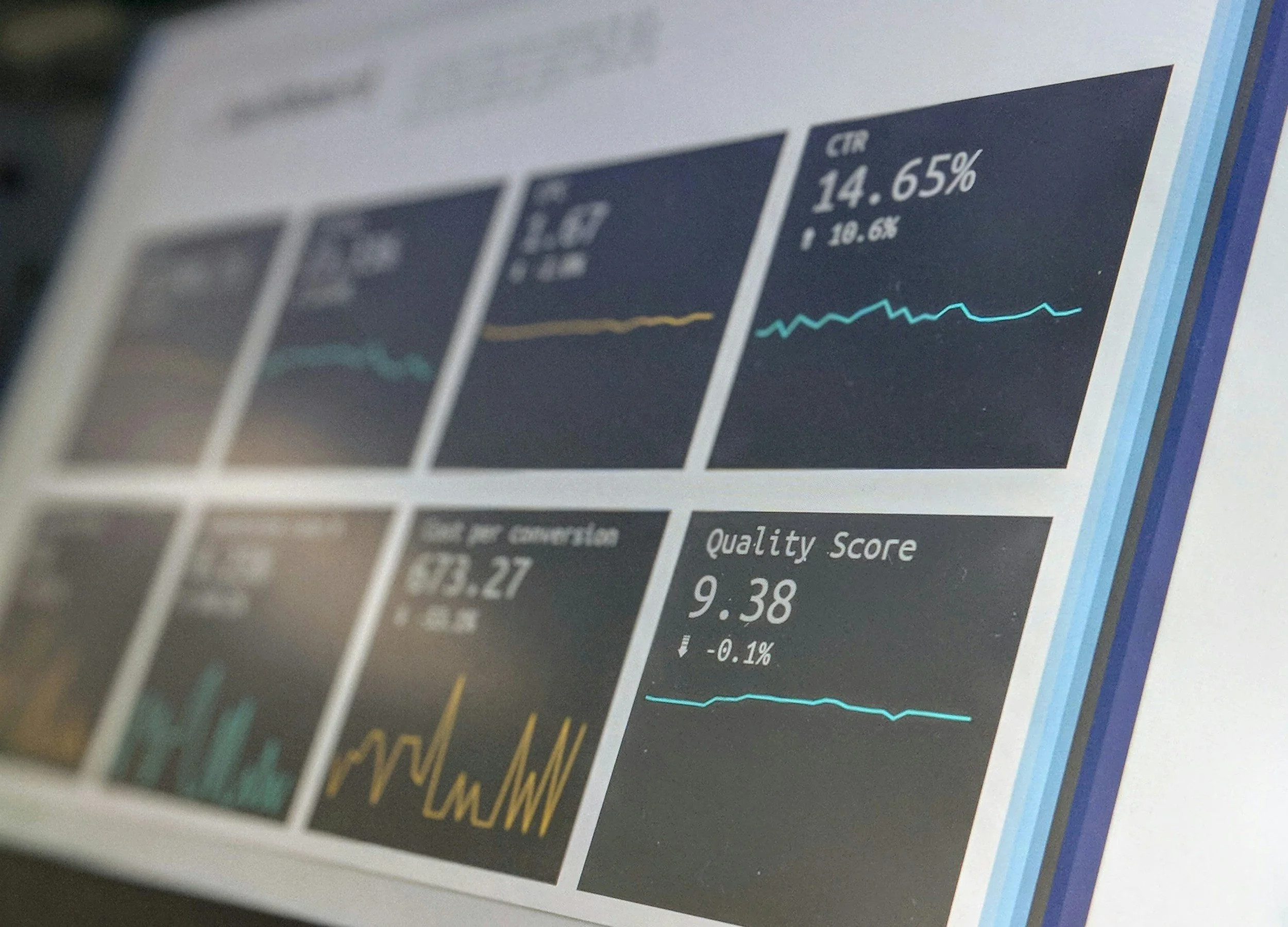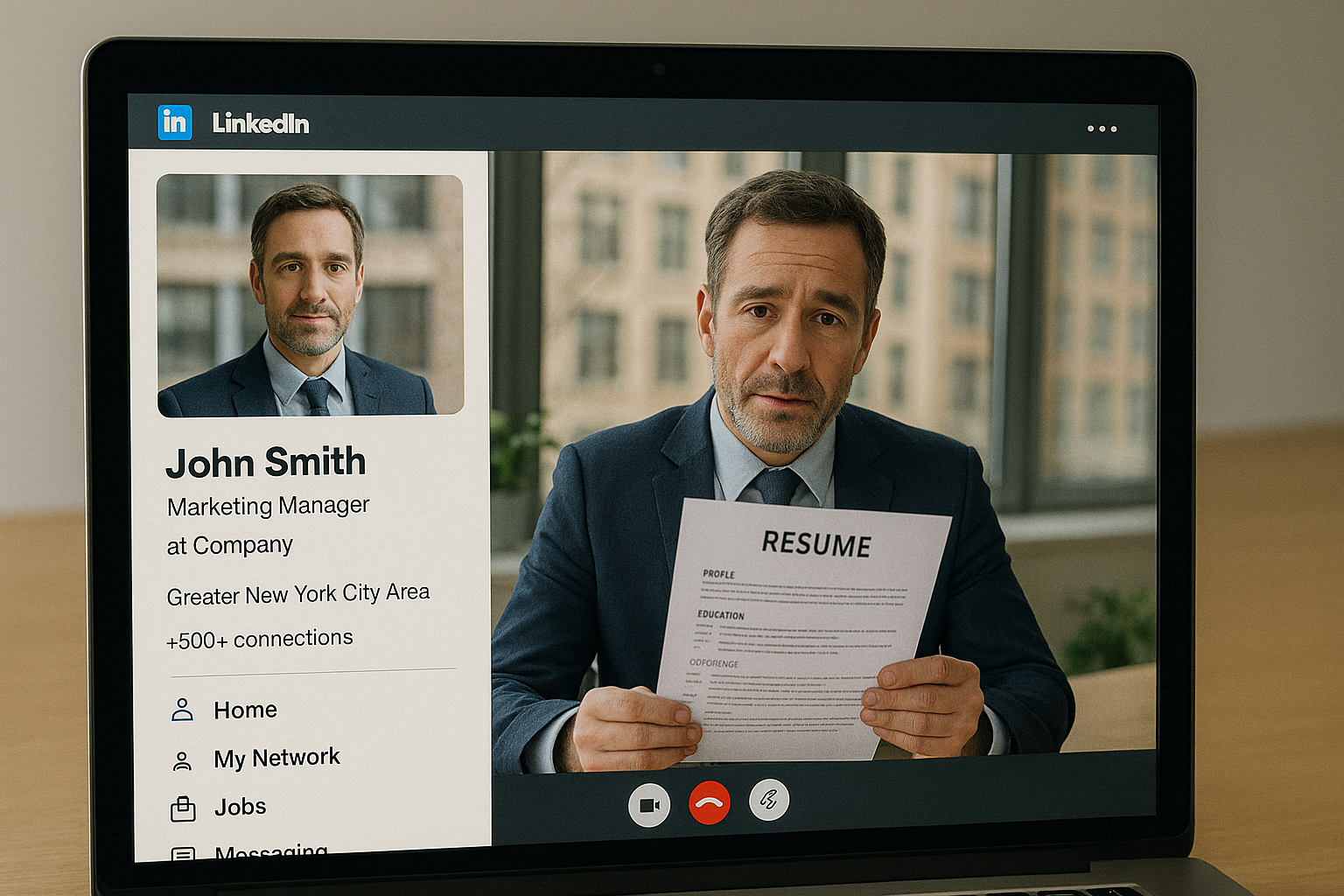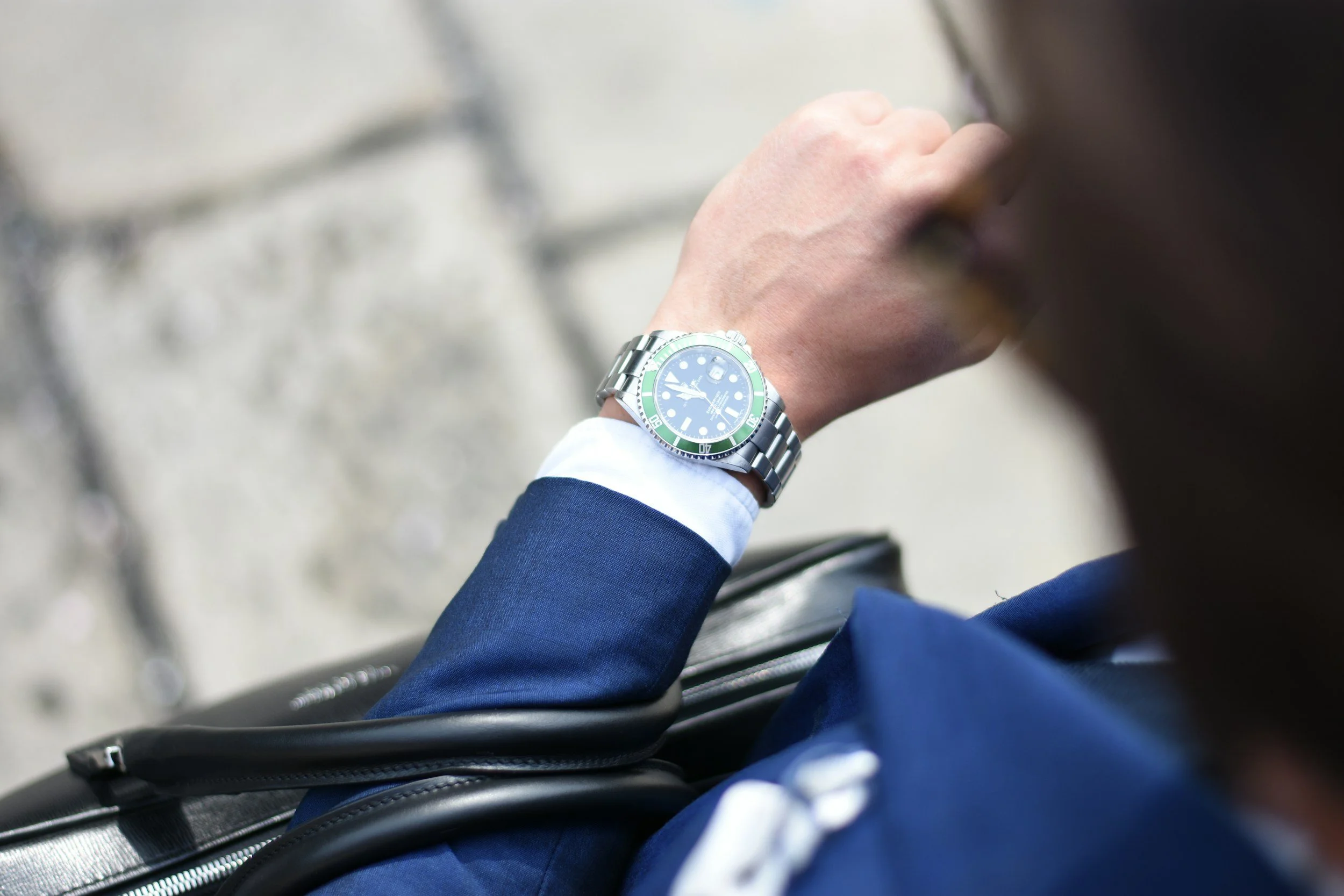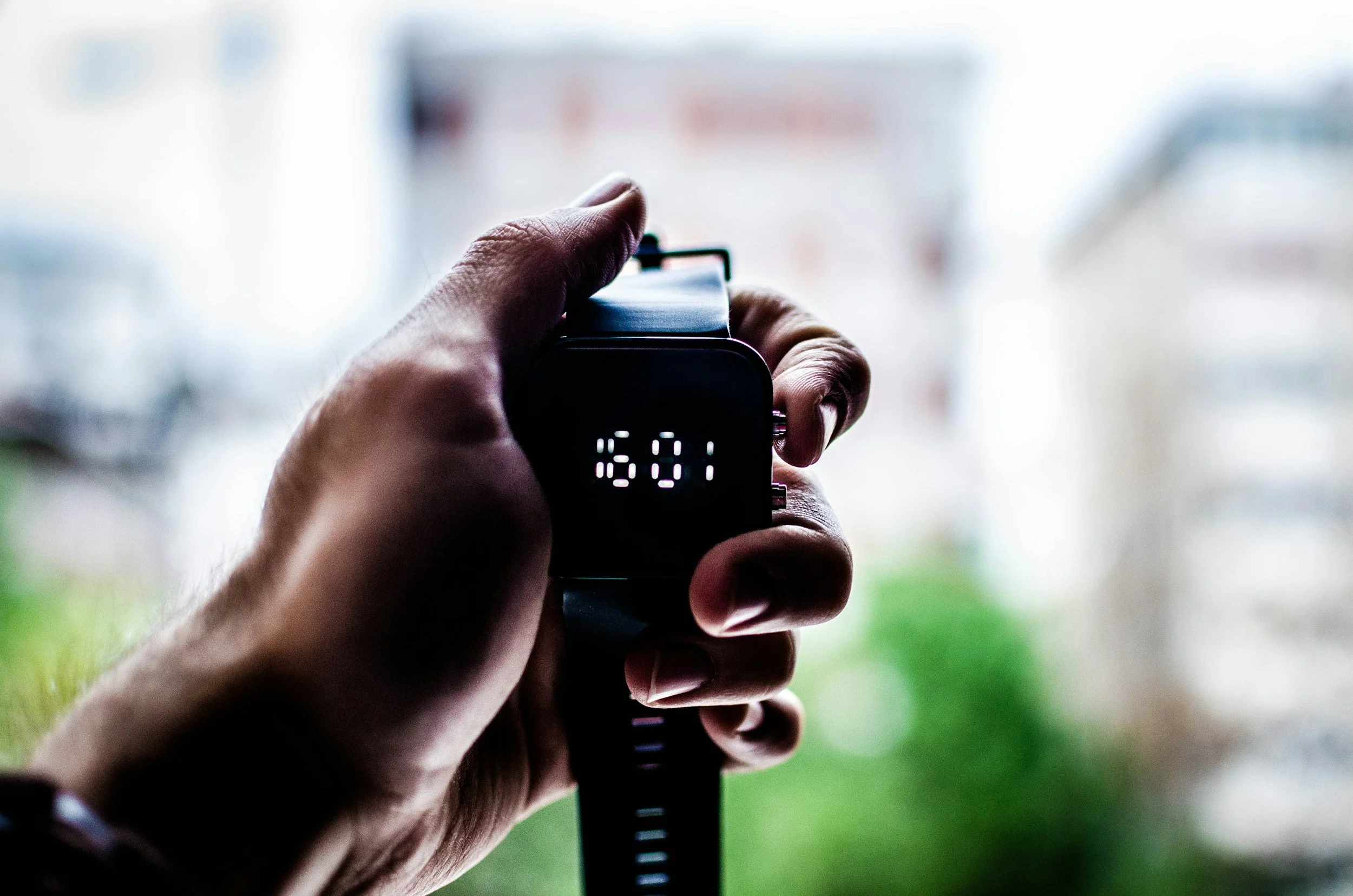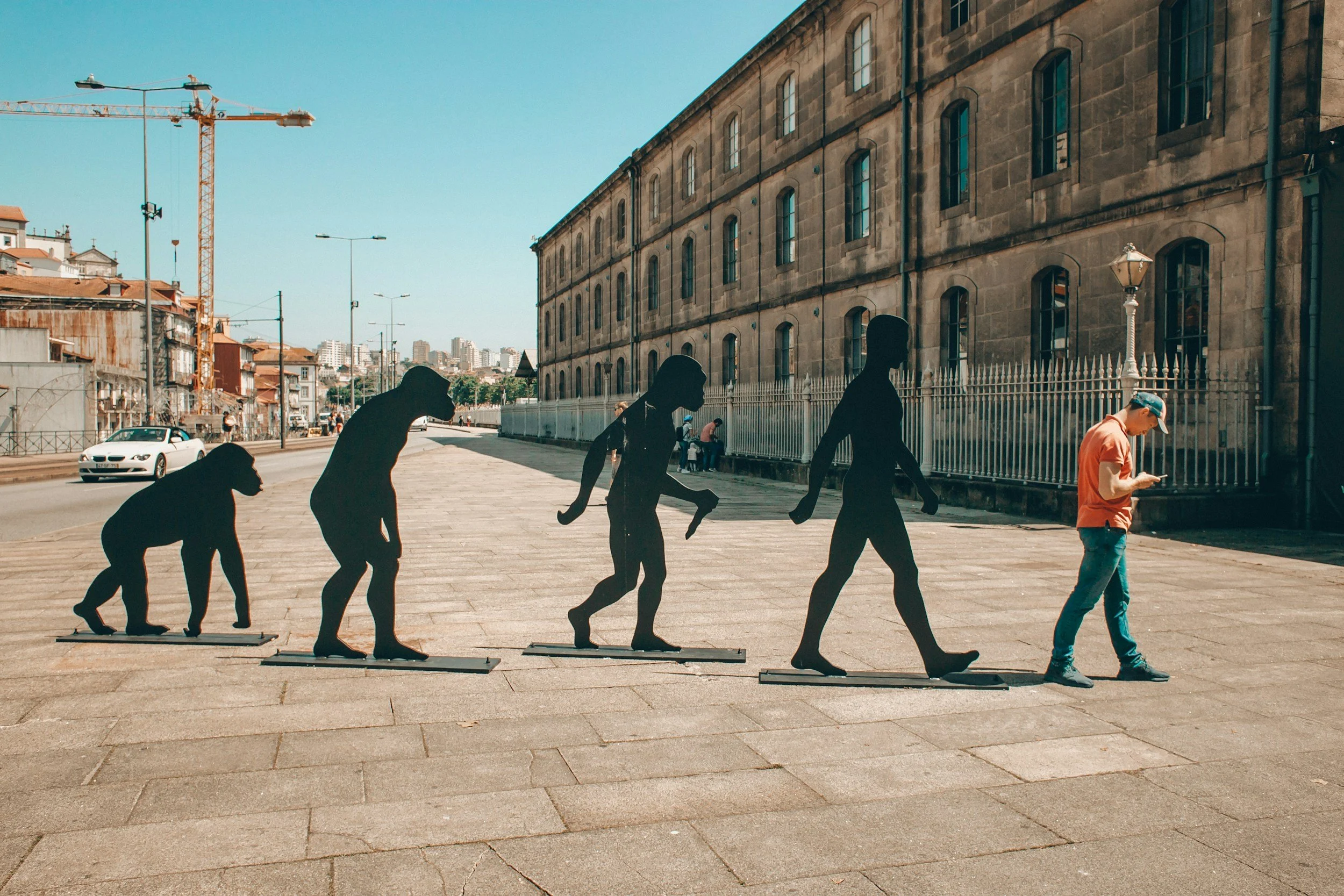Interview Reality Check
"Your Resume Has 7.4 Seconds to Impress."
Recruiters spend ~7.4 seconds on the initial resume skim—just enough to spot deal-breakers like formatting issues, misaligned job titles, or missing keywords reddit.com+8linkedin.com+8hrdive.com+8..
The first 1–3 seconds are a skim; 3–15 seconds a scan; only 10–20% of resumes make it to a deeper review linkedin.com.
The average job interview lasts approximately 40 minutes, while initial phone screens are typically around 15 minutes.
Interviewers often form opinions about candidates quickly, sometimes within the first 7 minutes of the interview, with about one-third making a decision in the first 90 seconds.
The average time between an interview and an offer ranges from 20 to 40 days.
Job Applicants Increase
Real Time Statistics
“The Interview Process has definitely Changed”
Factors Contributing to Increased Hiring Time:
Increased Applications per Hire: Data suggests that the number of applications per hire has significantly increased, tripling between 2021 and 2024. This means recruiters are sifting through far more resumes, naturally extending the initial screening process.
More Interviews per Hire: Companies conducted 42% more interviews per hire in 2024 than in 2021, leading to a 24% increase in the average time to hire. This suggests a trend towards more thorough vetting and a greater emphasis on finding the "best fit," even if it means a longer process.
Focus on Quality of Hire: The increasing emphasis on "Quality of Hire" in 2025 likely contributes to longer hiring processes, as companies are interviewing more candidates per hire to ensure a good fit.
Administrative Tasks and Bottlenecks: Recruiting teams still spend a significant amount of time on administrative tasks like scheduling interviews, which can cause delays. Interview cancellations and reschedules were the top bottleneck slowing down hiring in 2024.
Labor Market Dynamics: While counterintuitive, data suggests that the average time to hire initially decreased from 2020-2022, when the labor market was tight. As conditions cooled, the time has climbed back up. This suggests that during periods of labor market tightness, employers may feel pressure to hire more quickly to secure candidate
Time to Hire
Factors contributing to more applicants per career opportunity
The number of job applicants per job opening has significantly increased in recent years, with employers now receiving hundreds of applicants for each position. This trend is driven by a combination of factors including shifts in the job market, economic slowdowns, and increased job search activity.
Here's a more detailed breakdown:
Increased competition:
The job market has shifted from being candidate-driven to being more employer-driven, meaning employers have a larger pool of applicants to choose from.
Entry-level roles:
Entry-level positions often have the highest number of applicants.
Impact of economic slowdowns:
Recent economic slowdowns have led to a decrease in the number of job openings, further intensifying competition.
Increased job search activity:
Job seekers are submitting more applications per job, contributing to the overall increase in applicants per opening.
Example figures:
One source cites an average of 120 applicants per job, while others suggest figures ranging from 90 to 100, according to Glassdoor.
Companies typically interview 6-10 candidates for each role before extending an offer.
Candidates usually go through four to six interviews on average before receiving an offer. (Completing three interviews gives candidates a 51% chance of receiving a job offer.)
The Interview Process has changed!
Current Trends: Video Interviews
Increased use of video interviews: 60% of hiring managers and recruiters use video interviews, and over 86% of organizations use virtual interview technology.
Widespread Adoption: 60% of recruiters use video interviews, and 82% of employers have incorporated them, according to Indeed.
Candidate Preference: Nearly 50% of job seekers prefer video interviews over in-person ones, according to Coolest Gadgets.
Increased Efficiency: 74% of recruiters say video interviews make it easier to interview and shortlist candidates.
Speeding up Hiring: A survey found that 47% of companies use video interviews to speed up hiring.
Current Trends: Phone Interviews
Duration: Phone interviews generally last between 15 and 30 minutes, though some may be shorter or longer depending on the role and interview process.
Purpose: Phone interviews are primarily used to assess basic qualifications, communication skills, and fit for the role, often involving behavioral questions.
Screening Process: A relatively small percentage of candidates make it past the phone interview stage. For example, one source indicates that only two to four candidates might advance out of an initial pool of 250 applicants.
PAST vs PRESENT
Rise of Behavioral and Situational Questions:
Past: Interviews focused heavily on past experience and technical skills.
Present: Behavioral and situational questions (e.g., "Tell me about a time you failed") are used to assess soft skills like communication, teamwork, and problem-solving.
Integration of Technology:
Past: Interviews were primarily conducted in person or over the phone.
Present: Video interviews, AI-powered assessments, online coding tests, and Applicant Tracking Systems (ATS) are widely used to streamline the process, improve efficiency, and expand the reach of recruitment.
Emphasis on Cultural Fit:
Past: Cultural fit was often a secondary consideration.
Present: Companies prioritize hiring candidates who align with their organizational values and culture to improve employee satisfaction and retention.
Multi-Step Evaluations:
Past: Interviews might have been a one or two-step process.
Present: Multi-step evaluations, including aptitude tests, group discussions, case studies, and technical interviews, are common to assess candidates from various angles.
Candidate Experience:
Past: Candidates might have faced long waiting times and unclear communication.
Present: Companies are
Skill assessments: 82% of companies use some form of skill assessment tests during the interview session.
